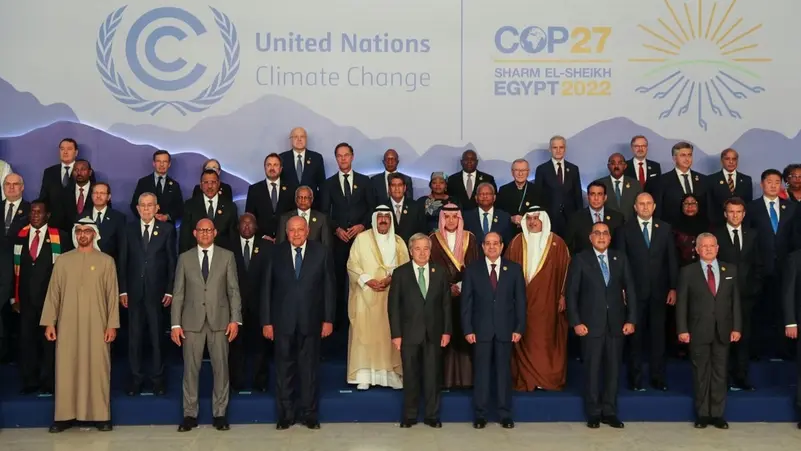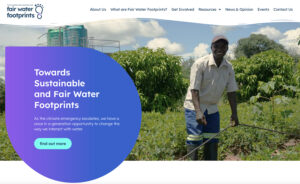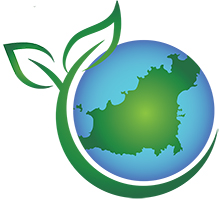14 Nov Day 8 COP27

On ‘Women and Water’ Day at COP27, the power of women as key drivers of climate solutions, and the crucial impact that the climate crisis is having on our water supply took centre stage in Sharm el-Sheikh. Meanwhile, the negotiations on the conference outcome continued, with UN officials calling for ‘building bridges’ to deliver on the important issue of loss and damage.
The second half of COP27 has begun and there’s uncertainty in the air regarding the progress of negotiations in the packed conference venue.
Monday saw a focus on two main themes: water and gender. UN officials were at COP to prepare the ground and raise awareness for a major conference on water, due to take place next year, whilst senior leaders pointed out the inadequate representation of women in the climate action space.
The role of women in dealing with all aspects of the climate change challenge is central, crucial and indispensable. Women continue to bear a disproportionate burden from the adverse impacts of climate change, and despite some progress having been made over recent years, the gender perspective needs further work to be fully integrated into the processes of formulating and implementing policies and actions on the ground. The Gender Day aims to bring this issue to the forefront and to provide a platform to discuss existing challenges and to share success stories from around the world with a view to increasing awareness and sharing experiences and promoting gender sensitive and responsive policies, strategies and actions. The day will shed light on the woman’s role in adapting to climate change.
“The Dedicated Grant Mechanism aims to tap into the potential and critical role of Indigenous Peoples and Local Communities women by fostering women’s climate leadership and effective participation at local, national, and global levels.”
1. If gender is not considered from the very start, a project will fail to account for barriers to equality.
2. Innovative country-led approaches can provide stepping stones toward gender-transformative change.
3. The lack of formal gender-sensitive performance indicators restricts wider capture and reporting of gender impact at the global level.
4. Women’s leadership journeys are different, and more women leaders are needed.

AWARe – Action on Water, Adaptation and Resilience.
The initiative’s mission is arranged in 3 principal aims
- Decrease water losses worldwide and improve water supply.
- Propose and support implementing mutually agreed policy and methods for cooperative water-related adaptation action and its co-benefits.
- Promote cooperation and interlinkages between water and climate action in order to achieve Agenda 2030, in particular SDG 6.
Roof Over Our Heads:
Delivering resilient, affordable, low carbon homes for 2bn people by 2050
A new campaign that aims to improve by 2050 the lives of 2 billion climate vulnerable people living in informal settlements will be launched at COP27 today.
Roof Over Our Heads (ROOH) was conceived out of a recognition of a collective failure to address the lack of access to safe and decent houses for the most vulnerable communities.
.
ACWA Fund
The African Cities Water Adaptation Fund is a new Africa-focused blended finance which aims to support the development and implementation of more than 200 projects in 100 African cities by 2032.
Fair Water Footprints
The Glasgow Declaration for Fair Water Footprints is a unique partnership comprised of government, the private sector, financial institutions and civil society. By harnessing the power of trade, enterprise, and communities, we are working together to help deliver sustainable water and sanitation for all by 2030.





No Comments